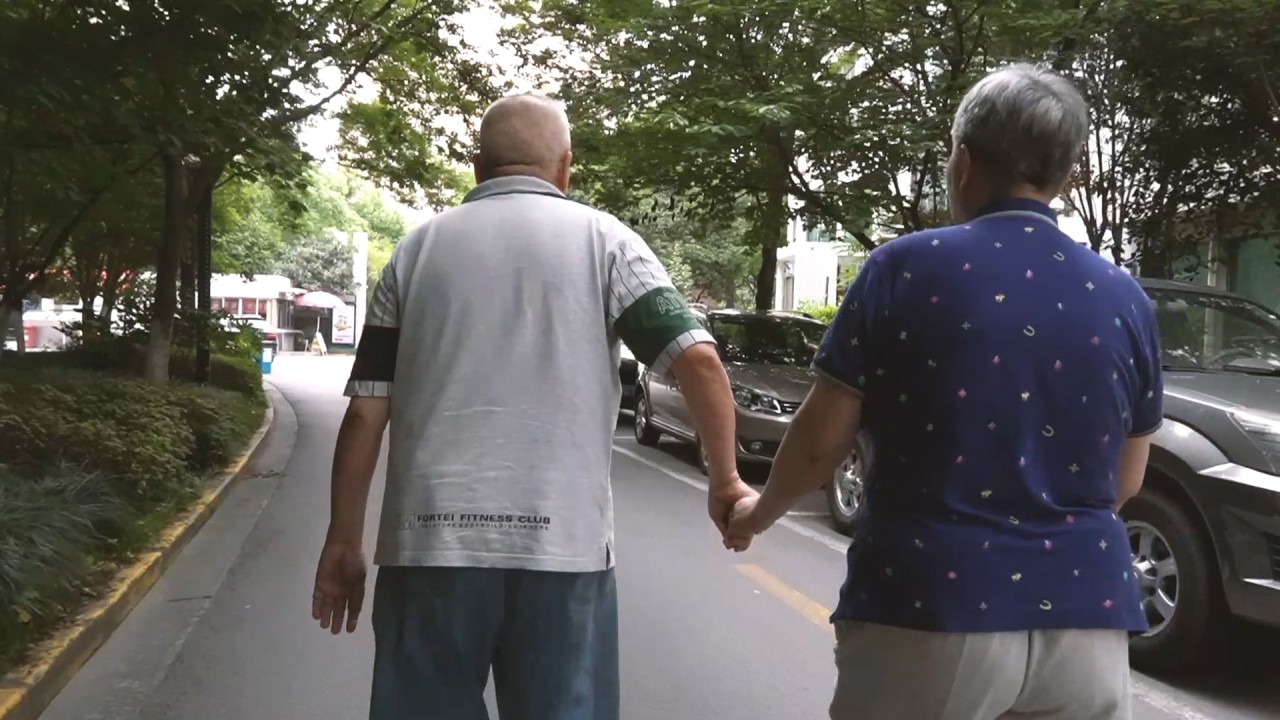
China’s elderly caught in clash between culture and care
- Families must shoulder the bulk of care for older members, a burden that is only expected to increase as the country ages
- Even if they do choose nursing homes, the quality of care is not necessarily up to par
The son took turns with his brother to look after their 79-year-old, partially paralysed mother in northwest China but still the burden was too much.
Last month, he was charged with attempted murder, accused of burying the incontinent woman alive because he resented her smell in the house, police in Shaanxi province said.
Not so fortunate was an 83-year-old disabled woman in the eastern province of Jiangsu who was allegedly suffocated by a domestic helper employed by the woman’s family to look after her, according to local authorities.
The two cases highlight the vulnerability of elderly people in China and the modern challenges of finding adequate professional care for senior citizens, a responsibility that is overwhelmingly shouldered by families.

03:39
Elderly man in China takes patient care of wife with Alzheimer’s
Professor Wu Bei, from the New York University Rory Meyers College of Nursing, said families accounted for more than 85 per cent of long-term care for the elderly in China.
“It is becoming increasingly challenging for family members … because of the changes in population structure, population migration, and increased employment of women in China,” she said.
Many of these people need help every day. By the end of 2018, about 44 million older people had some degree of disability, according to the National Health Commission. But, only about 2 million live in nursing homes, according to the Ministry of Civil Affairs.
Families are reluctant to turn to nursing homes to ease their burden. Culturally, children in China are expected to care for their parents in their old age, a tradition that stems from the hierarchical Confucian family system.
Ma Lifen, a 78-year-old woman in Shanghai said the idea of a nursing home “sounds like waiting for death for many old people”.
“There are no friends, no vigorous young people. I won’t go unless I can’t take care of myself at all and I’m left totally alone,” she said.
“Having three or even four generations under one roof has long been regarded as a blessing in China. Although families are smaller nowadays, we still hope to spend our later years with our children.”

Even if some families want the option of an assisted living facility, a lack of professional carers for the elderly is another issue.
Hu Xinyan, a teacher at a nursing school in Zhejiang province, said graduates preferred working in hospitals over nursing homes, as the latter had a reputation for high workloads, low pay, poor working environment and fewer opportunities for career development.
“Graduates can work with more young people at hospitals than at nursing homes, and they have a clearer path towards advancement,” she said.
“On the other hand, there are fewer positions for registered nurses in nursing homes. But I think these organisations do need more professional people.”
Yu Jianliang, head of the department for elderly care at the Ministry of Civil Affairs, said in March there were only 370,000 workers at the 40,000 nursing homes around China, meaning that, on average one person was taking care of nearly 10 people. Just 200,000 of the workers had occupational qualifications, he said.
How to help the elderly cope with lockdown anxiety, loneliness
In a bid to encourage more people to take jobs in elderly care, the government last year cancelled the nine years of mandatory education which were previously part of the national qualification requirements. In addition, skills testing – which previously was only required in nursing homes – has been expanded to include at-home elderly care and work in residential communities.
The two ministries expect 2 million people to obtain the national qualification under the new requirements by the end of 2022.
But Wu said China should develop a quality monitoring mechanism and add a certification process for domestic helpers who take care of the elderly.
“It is a way to protect older adults and prevent elderly people being abused. This also helps to protect domestic helpers,” she said.
China needed to value the contribution family members who work as carers make to society, she said.
“We need to develop some laws to provide financial incentives for family carers.”

